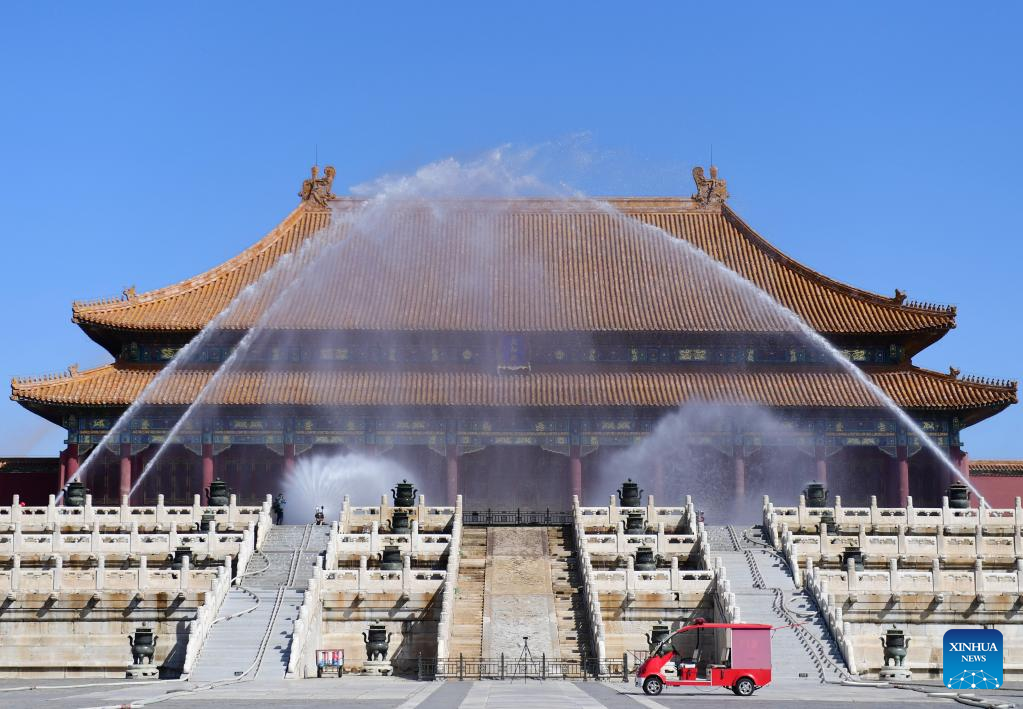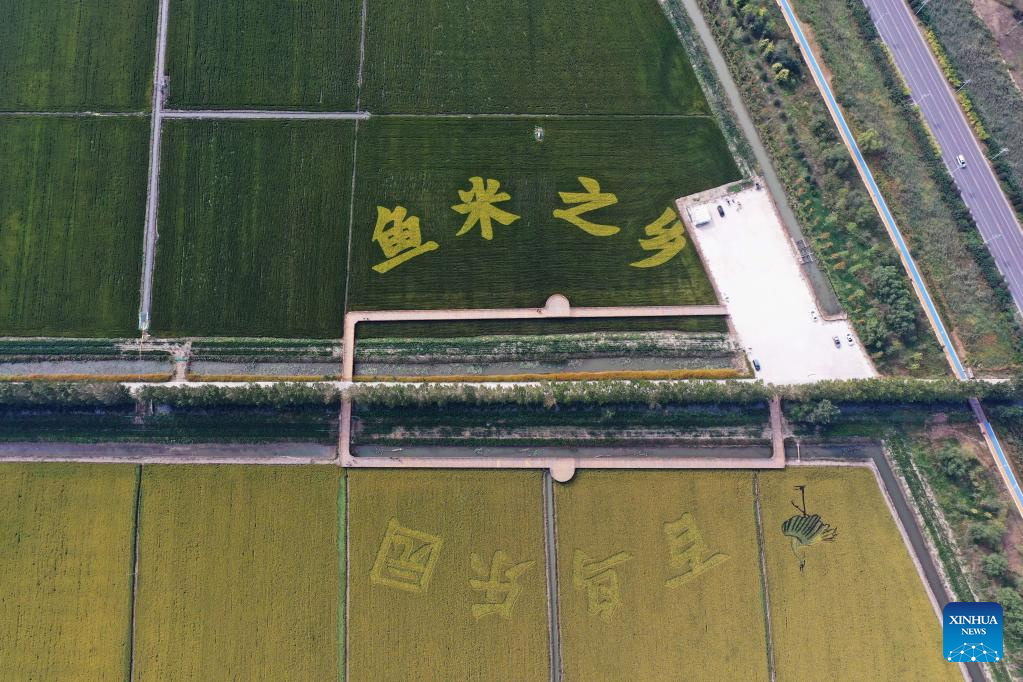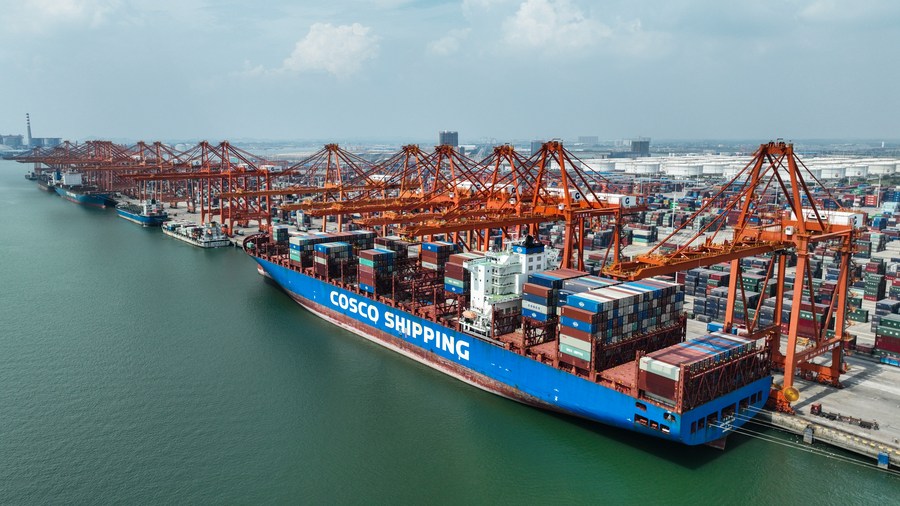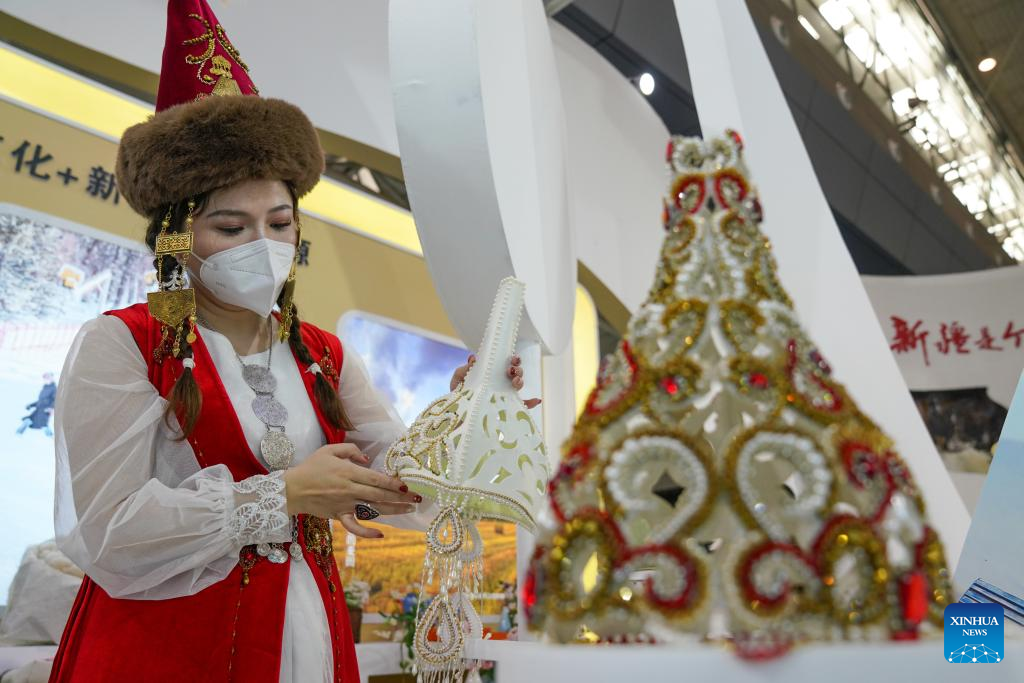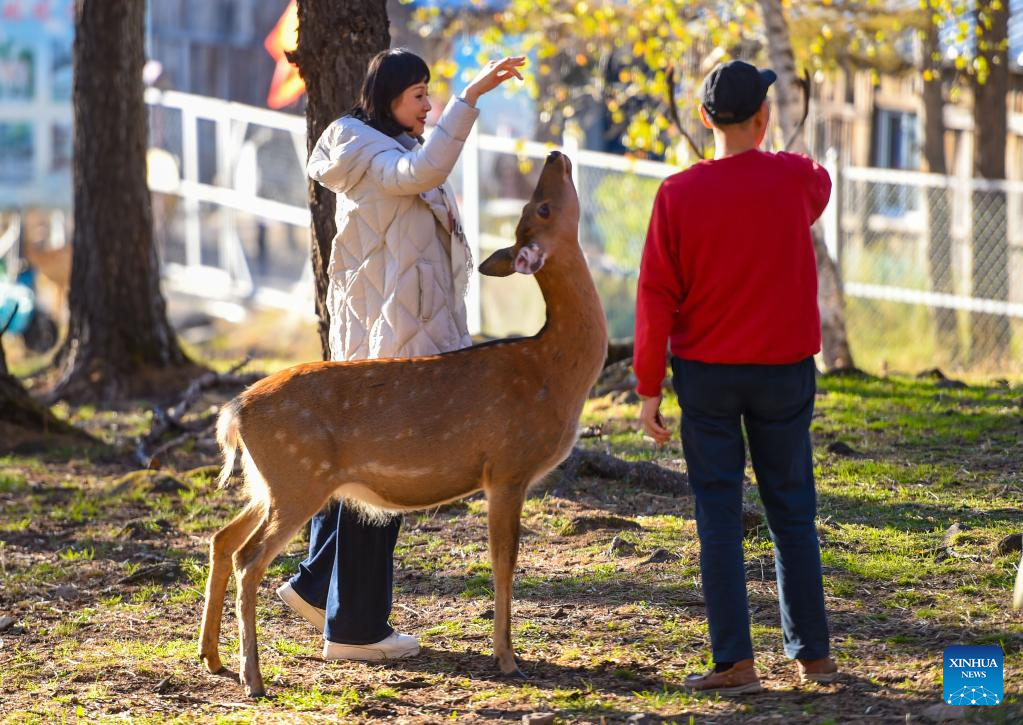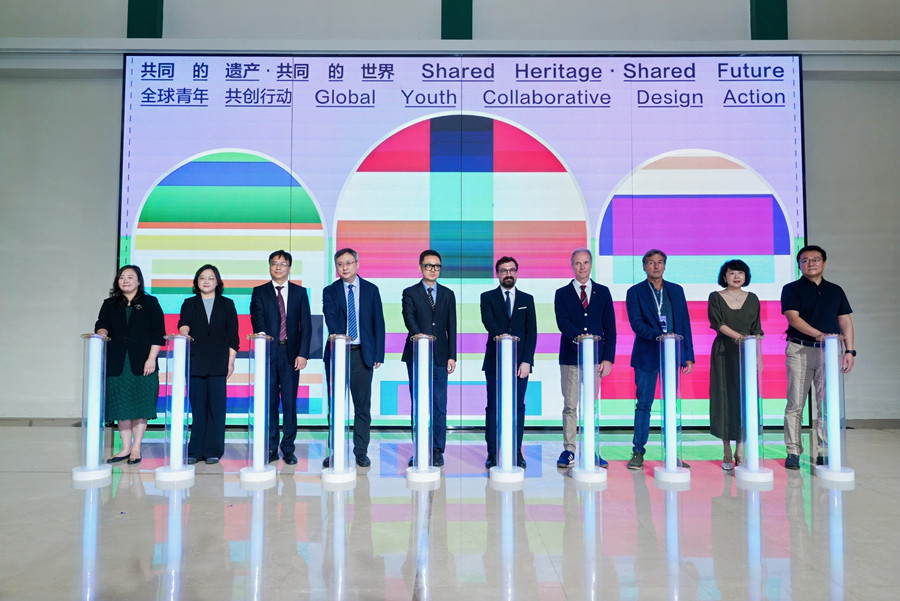
"Futuring Our Wallscapes", a global youth collaborative design action between Chinese and Italian universities, kicked off at the Nanjing World Literature Hall on September 8. Nearly 70 students and faculty from several renowned universities in China and Italy will use creative designs to integrate the Ming City Wall in Nanjing into contemporary urban life, adding youthful energy and an international perspective to its bid for World Cultural Heritage status.
This action is a key component of the "Shared Heritage-Shared Future" global youth initiative, launched by Nanjing and UNESCO in 2024. According to Professor Bao Li, the Chinese academic convener and Director of the Sino-Italian Urban Regeneration Research Center at Southeast University, it has attracted faculty and students from several prestigious universities, including the Polytechnic University of Turin, the University of Florence in Italy, as well as Southeast University, Nanjing University, Nanjing Tech University, and Nanjing Forestry University in China. Participants range from young students to early-career scholars, specializing in fields such as architecture, urban and rural planning, landscape architecture, art and design, heritage conservation, tourism management, and history.
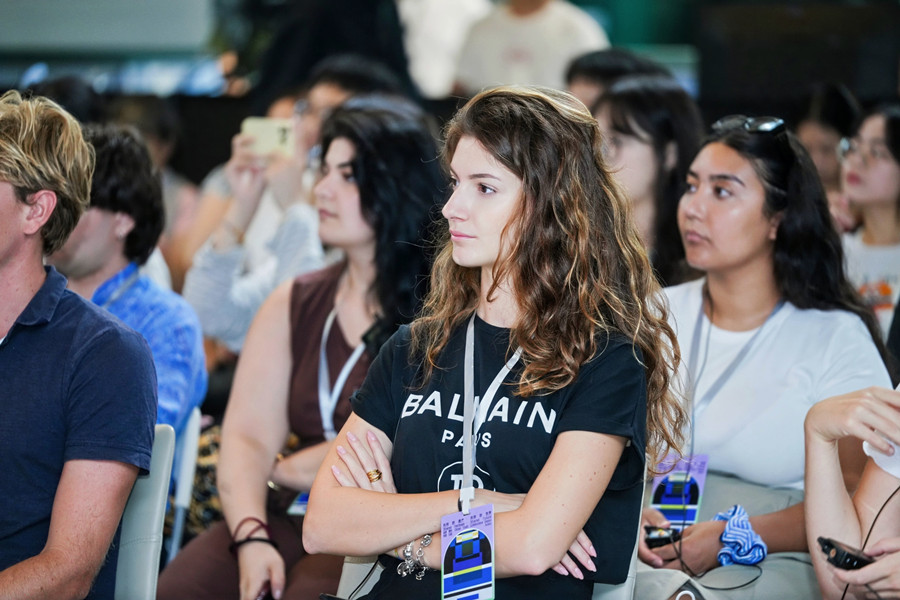
As important historical remnants of many ancient cities around the world, city walls face a shared challenge: how to integrate into urban daily life, preserve memories and emotional connections, and continuously generate public value and vitality.
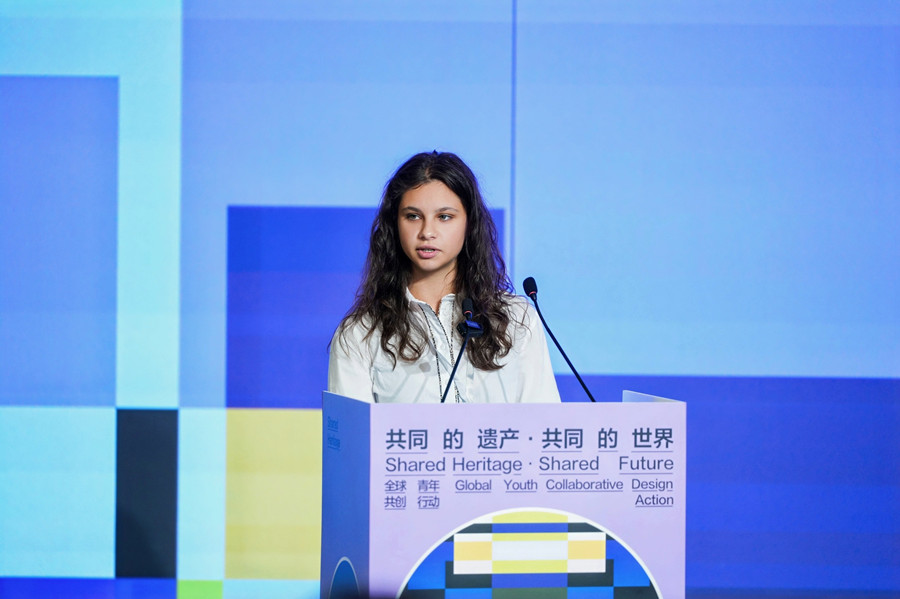
A key project in China’s World Cultural Heritage application, the Nanjing City Wall is one of the longest, largest, and best-preserved ancient city walls in the world. “Nanjing City Wall, in particular, carries an extraordinary symbolic value. It is both a testimony of history and a reminder of resilience, identity, and community.” Italian student Valentina Maria Bagnasco said she can’t wait to learn more from their Chinese peers, not only as teammates but also future friends.
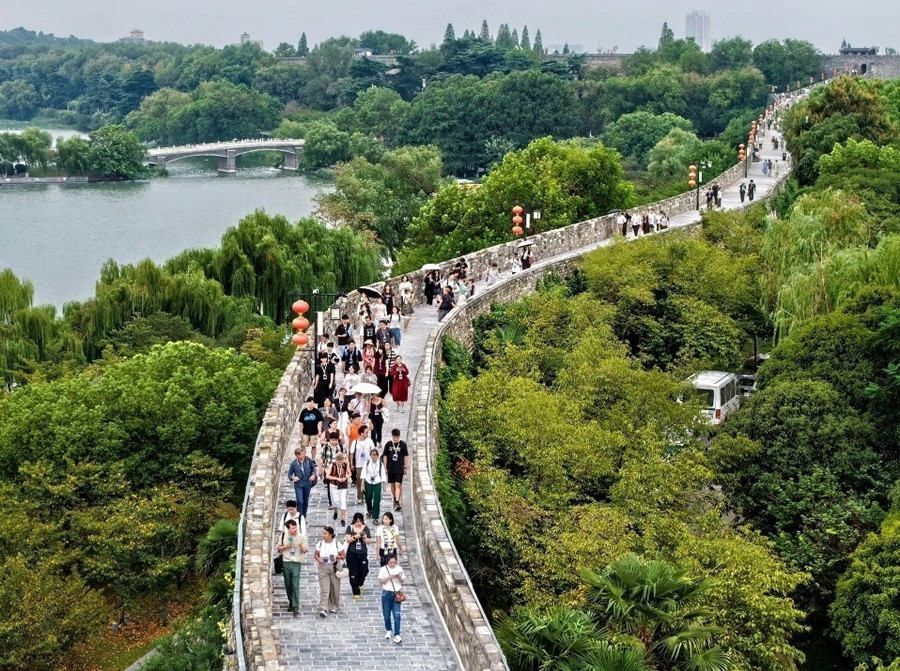
“In a time of global crisis, where challenges of many kinds affect societies worldwide, we believe that academic and cultural cooperation between nations plays a crucial role in shaping a better future,” said Roberto Bologna, full professor of Architectural Technology and Environmental Design at the Department and School of Architecture of the University of Florence. He added that such programs can bring together students of different nationalities and cultural backgrounds, offering a valuable opportunity for personal and academic growth.
Contact us at english@jschina.com.cn

